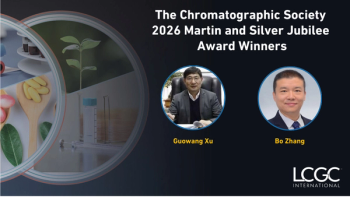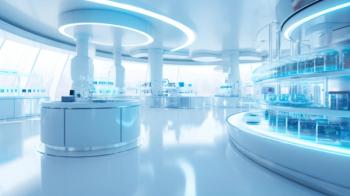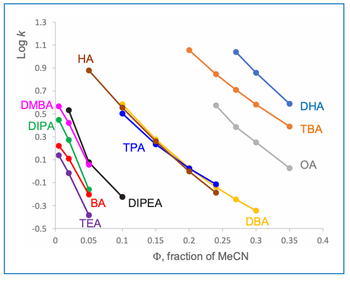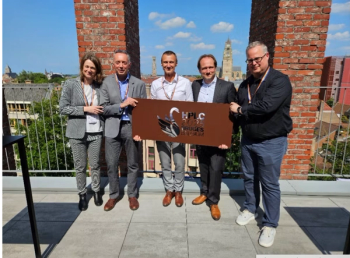
- October 1999
- Volume 17
- Issue 10
- Pages: 938–945
Superheated Water: A New Look at Chromatographic Eluents for Reversed-Phase HPLC
The authors describe the results they've achieved by using water heated to 100–240 ºC as a liquid eluent for reversed-phase HPLC instead of an organic modifier. They point out that this alternative avoids many of the problems – toxicity, flammability, and cost – associated with organic modifiers.
The authors propose using water superheated to 100–240 ºC as an alternative liquid eluent for reversed-phase high performance liquid chromatography (HPLC) to overcome many of the problems of toxicity, flammability, and cost associated with organic modifiers. Superheated water has been demonstrated as an eluent with a number of stationary phase materials, including poly(styrene-divinylbenzene) and porous graphitic carbon both isothermally and in thermal gradient mode. It is compatible with conventional HPLC spectroscopic detectors and also can be used with flame ionization, nuclear magnetic resonance spectroscopy, and mass spectrometry detectors. The authors provide examples of separation applications, including aromatic compounds, pharmaceutical compounds, and vitamins.
Articles in this issue
over 26 years ago
Development of Gas Chromatography Instruments at Shimadzuover 26 years ago
Getting Started with Database Management System Softwareover 26 years ago
Optimizing Separations Using Coupled Columns and Window Diagrammingover 26 years ago
A Special Report on HPLC '99over 26 years ago
Mobile-Phase Degassing – Why, When, and HowNewsletter
Join the global community of analytical scientists who trust LCGC for insights on the latest techniques, trends, and expert solutions in chromatography.




